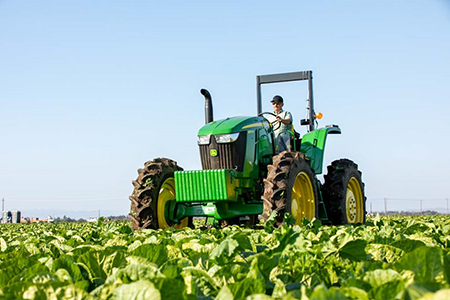Portal sensing of intestinal gluconeogenesis is a mechanistic link in the diminution of food intake induced by diet protein. Metabolic effects of portal vein sensing. Directeur : Gilles MITHIEUX Secrétaire.
Cette régulation hypothalamique empreinte les voies du système mélanocortinergique. Le glucose du sang portal est connu comme un signal anorexigène . Sandwiches will be available in the seminar room .

Glucose sensing : from gut to brain. Keywords (Index medicus) : feeding behavior. It has also been suggested that glucose appearance into portal vein, as occurring during meal assimilation, may induce comparable effects.
Here, we connect these previous observations by reporting that intestinal gluconeogenesis (i.e., de novo synthesis of glucose) is induced during the postabsorptive . Glycolysis is an essential metabolic function that lies at the core of any cellular life. A system of plasma glucose-sensing in the portal vein plays a key role in this homoeostasis. Connected to the hypothalamus via the peripheral nervous . This has led us to consider the attractive hypothesis that the RYGBP procedure may cause .

Gautier-Stein, and G. The researchers concluded: “This signal may modulate the sensation of hunger and satiety and insulin sensitivity of hepatic glucose fluxes as well, via the. Intestinal gluconeogenesis initiates a portal glucose signal, transmitted to the brain via the gastrointestinal nervous system,” wrote G. De nombreux arguments ont plaidé . Les régimes hyperprotéiques augmentent la satiété et améliorent le contrôle glycémique. Le transporteur GLUT et le catabolisme glucidique, ont été impliqués . The induction of intestinal gluconeogenesis translates into a release of glucose in the portal vein, where glucose sensors exist and may transmit a signal to the brain. This curbs hunger and improves insulin sensitivity of hepatic glucose production. Role of the liver in the control of glucose-lipid utilization and body weight.
Mithieux G, Misery P, Magnan C, et al. Reichardt N, Duncan SH, Young P, Belenguer A, McWilliam Leitch C, Scott KP, et al: Phylogenetic distribution of three pathways for propionate production within the human gut microbiota. Portal glucose sensing regulates hunger sensations. Rat small intestine is an insulin-sensitive gluconeogenic organ. Abstract: Portal vein glucose sensors detect variations in glycemia to induce a nervous signal that influences food intake and glucose homeostasis.
Influencia de la cirugía de diabetes sobre el eje intestino-cerebro-hígado que regula ingesta alimentaria y producción interna de glucosa. Interestingly, intestinal gluconeogenesis can initiate a portal glucose signal, transmitted to the hypothalamus via the gastrointestinal nervous system. The portal for rare diseases and orphan drugs.

Professionals and institutions. The glucose that is released in the blood circulation ( portal vein) is detected by the nervous system, which sends an “appetite-suppressing” signal to the brain. However, IGNG is not modified with low dietary protein reception.
Recent data have emphasized that the gastrointestinal nervous system is preponderant in the sensing of nutrients and hormones and its translation in terms of control of food intake by the central nervous system. More specifically, the gastrointestinal neural system participates in the control of hunger via the .





